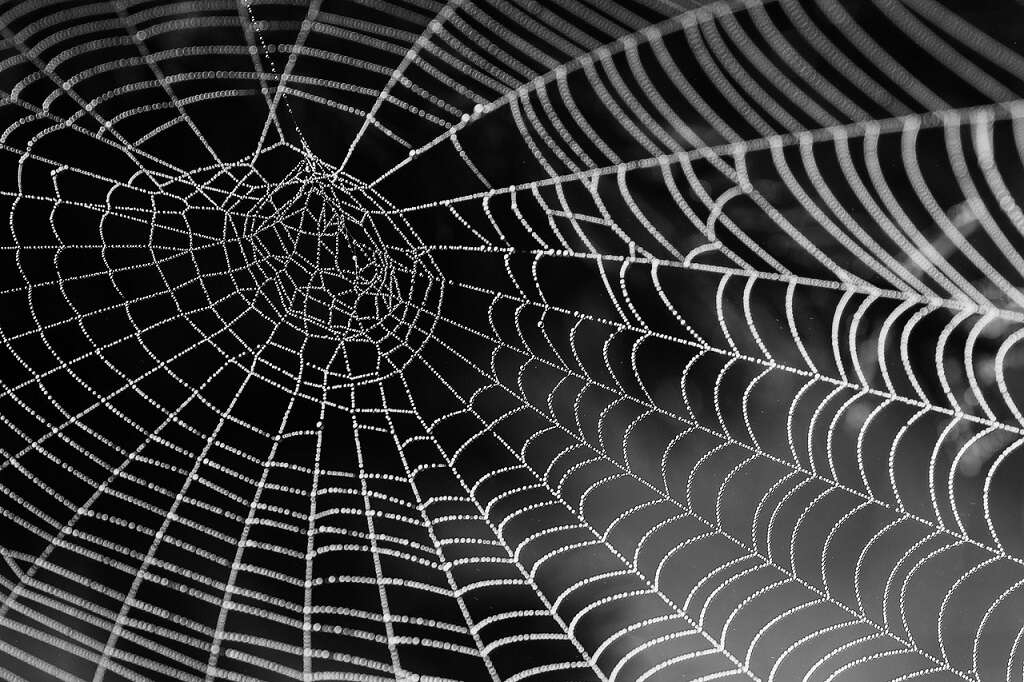10 Signs of a Compulsive Liar
 Article Sources
Article Sources
- 1. 'When Does Compulsive Lying Become a Pathological Disorder?' UnitedWeCare, 2021, [www.unitedwecare.com/compulsive-lying-pathological-disorder.](http://www.unitedwecare.com/compulsive-lying-pathological-disorder.)
- 2. Curtis, Drew and Christian L. Hart. 'Pathological Lying: Theoretical and Empirical Support for a Diagnostic Entity.' Psychiatric Research & Clinical Practice, vol. 2, no. 2, 2020, pp. 62-69
People who lie compulsively cannot help themselves and lie about anything and everything without reason. It remains unclear whether compulsive lying is a disorder on its own or a symptom of an underlying mental illness.1‘When Does Compulsive Lying Become a Pathological Disorder?’ UnitedWeCare, 2021, www.unitedwecare.com/compulsive-lying-pathological-disorder.
Compulsive lying is sometimes lumped into the same category as pathological lying. There are some slight differences between the two, as compulsive liars lie about anything without regard for how it might impact them or others.1‘When Does Compulsive Lying Become a Pathological Disorder?’ UnitedWeCare, 2021, www.unitedwecare.com/compulsive-lying-pathological-disorder. Pathological liars typically have an ulterior motive for their lying.1‘When Does Compulsive Lying Become a Pathological Disorder?’ UnitedWeCare, 2021, www.unitedwecare.com/compulsive-lying-pathological-disorder. Either way, it helps to recognize the signs of compulsive lying.
Playing the Hero or Victim
One of the most common signs of a compulsive liar is someone who constantly plays the victim or hero in the lies they tell.1‘When Does Compulsive Lying Become a Pathological Disorder?’ UnitedWeCare, 2021, www.unitedwecare.com/compulsive-lying-pathological-disorder. Sometimes, this detail is highly exaggerated, and at other times, it's slight. The purpose of compulsively lying in this way is to garner the individual more attention than they might get otherwise.1‘When Does Compulsive Lying Become a Pathological Disorder?’ UnitedWeCare, 2021, www.unitedwecare.com/compulsive-lying-pathological-disorder.
Part of the reason that some people lie compulsively is to feel better about themselves. By creating a role for themselves that solicits envy or empathy, the individual gets the attention they need to shore up their self-esteem.
Overdramatized Stories
Compulsive liars tend to overly dramatize the stories they tell. They may also have a hard time moderating their emotions when telling lies, believing the more dramatic they are, the more people will pay attention.
While the drama is exorbitant, the details are sometimes believable enough to sound true.1‘When Does Compulsive Lying Become a Pathological Disorder?’ UnitedWeCare, 2021, www.unitedwecare.com/compulsive-lying-pathological-disorder. Compulsive liars may do this without even realizing they're doing it, while pathological liars are more intentional in their dramatic recreations.

Belief in Lies
Another sign of a compulsive liar is someone who absolutely believes what they're saying is true.1‘When Does Compulsive Lying Become a Pathological Disorder?’ UnitedWeCare, 2021, www.unitedwecare.com/compulsive-lying-pathological-disorder. Even if the lie sounds obvious to someone else, the person telling it twists the truth to the point of not being able to discern between what is real and what is not.
This may be one of the reasons mental health professionals have not yet been able to tell whether pathological and compulsive lying is its own disorder or part of a mental health issue.
Persistent Lying
Another sign of a compulsive liar is someone who persistently lies.2Curtis, Drew and Christian L. Hart. ‘Pathological Lying: Theoretical and Empirical Support for a Diagnostic Entity.’ Psychiatric Research & Clinical Practice, vol. 2, no. 2, 2020, pp. 62-69 They may continue to do so, even if the lie in question is harmful to their own life.
Pathological lying has been studied to see if it should be classified as a separate disorder because it can affect an individual's social functioning and cause personal distress.[2]] It's been suggested that symptoms should be persistent for at least six months.2Curtis, Drew and Christian L. Hart. ‘Pathological Lying: Theoretical and Empirical Support for a Diagnostic Entity.’ Psychiatric Research & Clinical Practice, vol. 2, no. 2, 2020, pp. 62-69

Being Overly Defensive When Caught
Signs of a compulsive liar include being overly defensive anytime the individual is caught up in a lie.1‘When Does Compulsive Lying Become a Pathological Disorder?’ UnitedWeCare, 2021, www.unitedwecare.com/compulsive-lying-pathological-disorder. Part of the reason the person is so defensive is that they're invested in their lie.
They believe what they're saying to be true to the point that they're willing to defend what they said, even though it's not true. They may also be embarrassed about this compulsion, which contributes to their defensiveness.
Compromised Credibility
Another sign of a compulsive liar is someone who has no credibility with others in their life.1‘When Does Compulsive Lying Become a Pathological Disorder?’ UnitedWeCare, 2021, www.unitedwecare.com/compulsive-lying-pathological-disorder. If others around them don't trust what the individual says, then this calls into question their trustworthiness or personal credibility in other areas.
This might extend to relationships with family, friends, coworkers and bosses.1‘When Does Compulsive Lying Become a Pathological Disorder?’ UnitedWeCare, 2021, www.unitedwecare.com/compulsive-lying-pathological-disorder. This might also contribute to the social distress and sense of isolation sometimes brought about by this disorder.

Reduced Anxiety After Lying
Another sign of a compulsive liar is someone who feels a reduced level of anxiety after lying.2Curtis, Drew and Christian L. Hart. ‘Pathological Lying: Theoretical and Empirical Support for a Diagnostic Entity.’ Psychiatric Research & Clinical Practice, vol. 2, no. 2, 2020, pp. 62-69 One of the reasons that the individual might feel less anxious is because they have fed into the compulsion, causing them to feel satisfied.
Reduced anxiety after lying may be a symptom of another mental health condition, such as obsessive-compulsive disorder, as individuals with this condition sometimes feel satisfied after giving in to the compulsion.
Distress With Webs of Lies
While compulsive liars sometimes tend to feel better when they give into the compulsion to lie, anxiety and distress are increased when one lie turns into a web of lies.2Curtis, Drew and Christian L. Hart. ‘Pathological Lying: Theoretical and Empirical Support for a Diagnostic Entity.’ Psychiatric Research & Clinical Practice, vol. 2, no. 2, 2020, pp. 62-69
For many compulsive liars, lying repeatedly about many things is different than trying to adhere to a set of lies about one issue. Building on a web of lies requires a layer of complexity that proves challenging for compulsive liars.

Lack of Awareness
Because of the extent to which compulsive liars believe their lies, they may experience a lack of awareness about how their lies impact the people around them.1‘When Does Compulsive Lying Become a Pathological Disorder?’ UnitedWeCare, 2021, www.unitedwecare.com/compulsive-lying-pathological-disorder. They may not realize they're being harmful to family and friends and causing them distress.
Part of the reason for this is that the individual believes their lies are true and engages in behaviors that are repeatedly harmful to those around them.
Ruined Reputation
A clear sign of a compulsive liar is someone who lies to the point of ruining their own reputation.1‘When Does Compulsive Lying Become a Pathological Disorder?’ UnitedWeCare, 2021, www.unitedwecare.com/compulsive-lying-pathological-disorder. This goes back to the notion that compulsive liars are not clear about what they're doing, so they lie without regard for how they're affected by it.
They may even realize they're causing damage to others' perceptions of them, but since lying is a compulsion, they can't stop themselves from engaging in the behavior.










